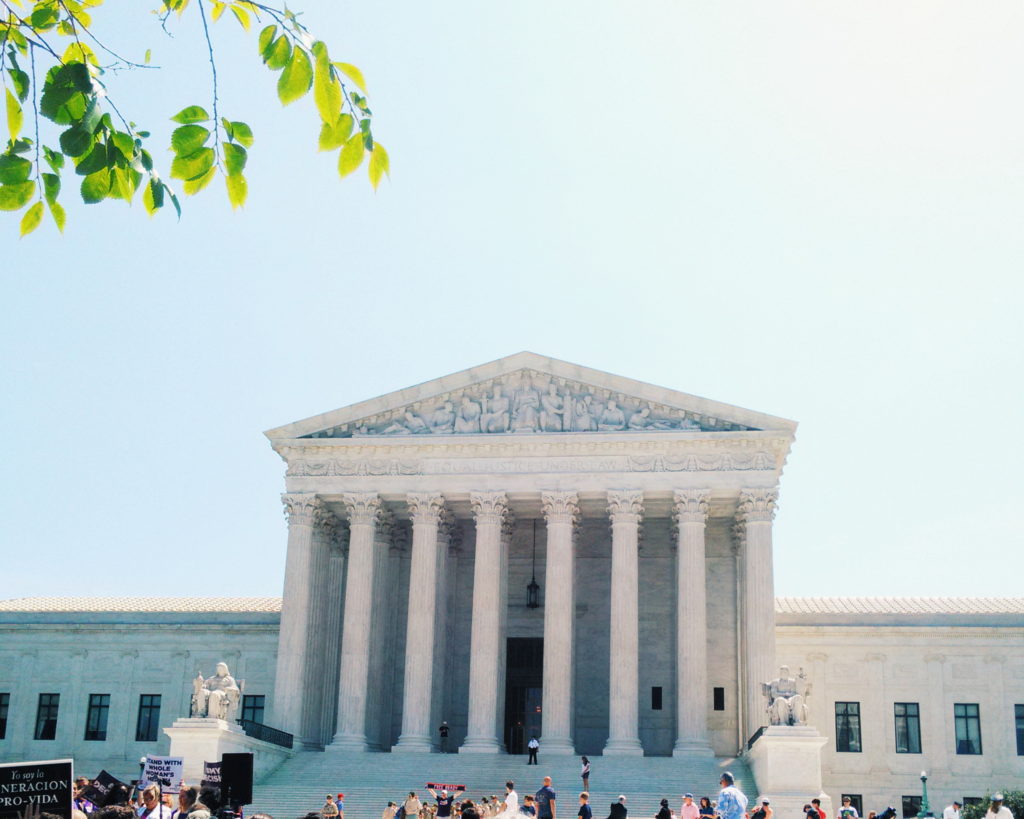Academics Jump in Evidence Chasm

Understandably, academics are coming to the defense of a professor at the center of a national controversy. Yet and still, in doing so, are they gliding past evidence, or lack thereof, at the center of the controversy and adding to the chorus of opinions in lieu of fact?
“This unfortunate blindness to the reality of faculty activities is particularly relevant right now when a professor at the Pacific Graduate School of Psychology, Christine Blasey Ford, has become the focus of so much attention as a result of what she feels was the ethical necessity of making public her memories of a sexual attack by Supreme Court nominee Brett Kavanaugh,” Aaron Barlow wrote on the academe blog maintained by the American Association of University Professors (AAUP) on October 3, 2018. “She speaks for all faculty when she says that all she wants to do is be ‘helpful.’”
“Then, just last night, President Trump did exactly what I am asking people not to do. He mocked Blasey Ford: ‘I had one beer. Well, do you think it was — nope, it was one beer,’ Trump said, mimicking Ford’s testimony last week to the Senate Judiciary Committee. ‘How did you get home? I don’t remember. How’d you get there? I don’t remember. Where is the place? I don’t remember. How many years ago was it? I don’t know.’”
“Trump’s comments were met with laughter and applause from the crowd,” Barlow observed. “No one should be mocked that way, no one.”
“Not a woman coming forward with her story of sexual assault. Not a professor doing her civic duty. No one.”
Barlow’s gallantry is admirable but, even given the president’s manner, what did he say that is inaccurate? Thus far, it looks like a pretty accurate summary of all the facts in the case.
“A ‘he said, she said’ case is incredibly difficult to prove,” Rachel Mitchell, Nominations Investigative Counsel United States Senate Committee on the Judiciary, wrote in her final report. “But this case is even weaker than that.”
“Dr. Ford identified other witnesses to the event, and those witnesses either refuted her allegations or failed to corroborate them.”
At the outset of her report, Mitchell asserts that “This memorandum contains my own independent assessment of Dr. Ford’s allegations, based upon my independent review of the evidence and my nearly 25 years of experience as a career prosecutor of sex-related and other crimes in Arizona. This memorandum does not necessarily reflect the views of the Chairman, any committee member, or any other senator. No senator reviewed or approved this memorandum before its release, and I was not pressured in any way to write this memorandum or to write any words in this memorandum with which I do not fully agree.”




